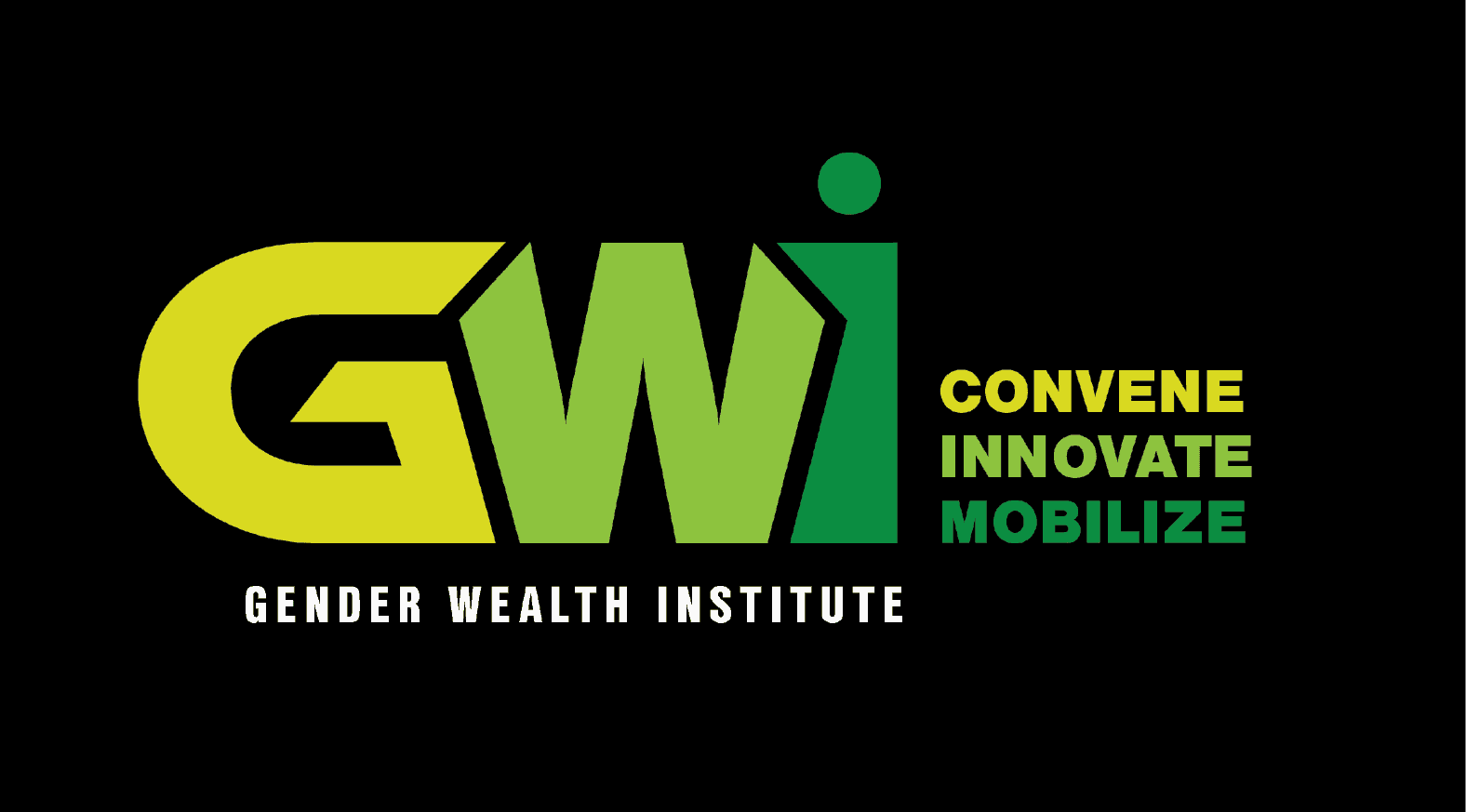WHAT WE HAVE LEARNED:
FINANCIAL COACHING IMPROVES THE FINANCIAL HEALTH OF WOMEN
The Gender Wealth Institute conducted a two-year Financial Coaching Pilot program from 2018 to 2020. This Pilot program focused on incorporating financial coaching services into early childhood education (ECE) programs. 40 ECE centers and 289 clients participated in the Pilot. 490 goals were completed and 67% of the clients improved their financial capability. Clients with a goal to decrease debt paid off a total of $150,806. Clients with a goal to increase savings saved a total of $200,221.
In 2021, we scaled the Pilot by launching the Financial Coach Training Program (FCTP) – a 6-month program designed to assist case managers and other client-serving individuals in learning how to utilize and integrate financial coaching to improve clients’ financial health. Through this training program, GWI offers an opportunity for nonprofit partners to improve the capacity of their employees through professional development and the ability to offer a new service to their clients.
Over three years, 36 organizations and 108 service providers and supervisors participated in the program. 1,457 women received financial coaching. Of those financial coaches who tracked the changes in a Financial Capability Score, 74% of the clients had an increased Financial Capability Scale Score after being coached. Of those who had a goal of increasing savings, 88% increased their savings by a mean of 38%. Of those who had a goal of decreasing debt, 85% decreased their debt by a mean of 46%.
The FCTP was made possible by the following Key Investors: BLBB Charitable issued a three-year grant of $150,000. Our 2023 WOMEN'S WAY Signature Sponsor, JPMorgan Chase invested $75,000. Wells Fargo invested $70,000 over 3 years.
KEY LESSONS LEARNED
Coaching has a significant positive impact on the financial capabilities, confidence levels, and personal agency of recipients.
Most of the participants (i.e., direct service providers) had difficulty coaching others because they were dealing with their own financial challenges.
While this proved challenging for integrating coaching into their work, we did see success in the impact of financial coaching on their own lives. Everything they learned from the FCTP they applied to their own financial needs, resulting in improved financial health for themselves.
FINANCIAL WELLNESS PROGRAM (FWP)
Today, roughly 1 in 3 people in the US are economically insecure. About 4 of every 10 economically insecure adults are working regularly—most of them full-time and year-round. Women and gender-expansive employees are disproportionately represented in these numbers. To make matters worse, the financial stresses of employees bleed into the work week, causing issues for employers. Research has shown that programs like the WOMEN'S WAY Financial Wellness Program can positively impact the financial and emotional health and productivity of employees, in addition to improving the culture and overall performance of the company.
Based on the data and learnings gained over the past 5 years, WOMEN’S WAY launched the Financial Wellness Program (FWP), the next iteration of FCTP, in 2023. The FWP was made possible by the following key investors: BLBB Charitable, Lincoln Financial Foundation, and Wells Fargo. Thank you to OceanFirst Foundation for their $6,000 donation in support of FWP.
FWP OBJECTIVES:
- Improve the financial health of women and gender-expansive employees of nonprofits and members of grassroots organizations.
- Improve the emotional well-being of these employees by decreasing stress related to financial worry.
- Improve employee morale and job satisfaction.
WHAT WE OFFER:
- Group Financial Literacy Sessions: These sessions will empower women and gender-expansive employees with the financial knowledge and skills necessary to make informed financial decisions.
- One-on-One Financial Coaching Sessions: Each participant will have access to an International Coaching Federation Certified Coach to tailor a personal financial plan.
- Data-Driven Insights for Employers: Employers will receive aggregated reports to help them understand what troubles their employees are facing and the progress they are making with respect to improving their financial and emotional health.
BENEFITS TO EMPLOYER:
- Improved financial health of employees measured via improvements in financial habits, financial capability, and financial metrics (increase in savings, decrease in debt, increase in assets, etc.)
- Improved emotional well-being of employees by decreasing stress related to financial worry as measured via a wellness survey.
- Improved employee morale and job satisfaction as measured via an employee survey.
FINANCIAL WELLNESS COHORTS
Second Cohort: September 2024 – March 2025
- Participating organizations include Achievability, Community College of Philadelphia, Creative Health Services, Family Support Line, Free Library of Philadelphia, Girls Justice League, Mission Kids Child Advocacy Center, New Sanctuary Movement of Philadelphia, Our House Culture Center, Philadelphia Health Services Inc, and Women Against Abuse, Inc.
First Cohort: November 2023 – April 2024
- Participating organizations include Lutheran Settlement House, HIAS PA, The Wardrobe, and the National Conference of Puerto Rican Women (NACOPRW)
- Spring 2024: Read our Financial Wellness Midpoint Report here.
- Summer 2024: Read our Financial Wellness Final Report here.
APPLICATION PROCESS:
This program is open to all women and gender-expansive employees at partnering organizations. The application process consists of a short survey to identify participants’ financial goals and preferences, and these responses are used to match participants to coaches with aligned approaches and areas of expertise. Up to 25 individuals and 2-5 organizations will participate in each cohort.
LEARN MORE:
Interested in bringing this training to your company/organization? Want to learn more? Contact Aathira Chennat, the GWI Program and Data Manager at achennat@womensway.org.

